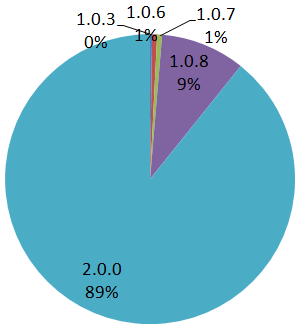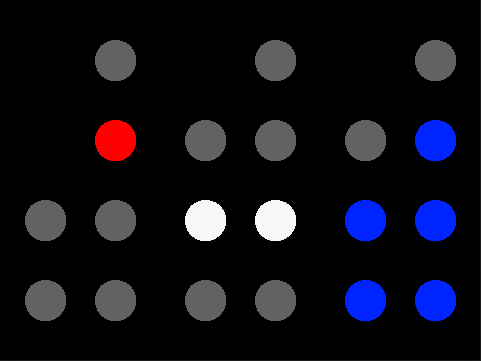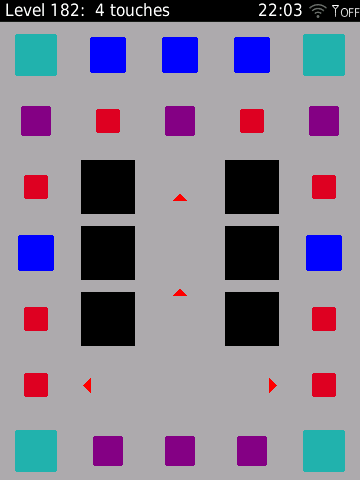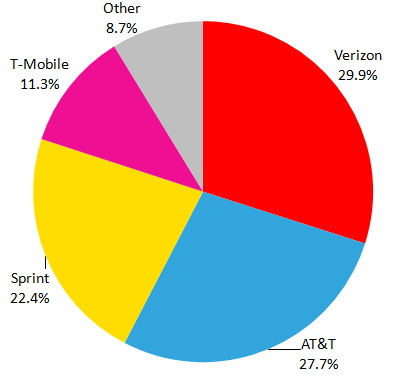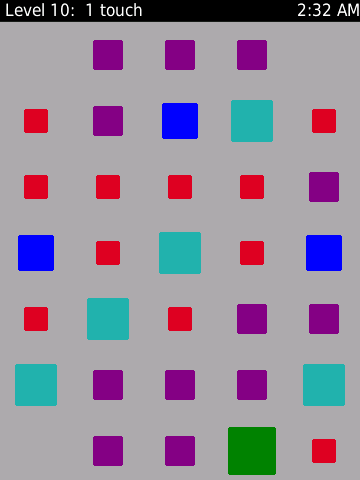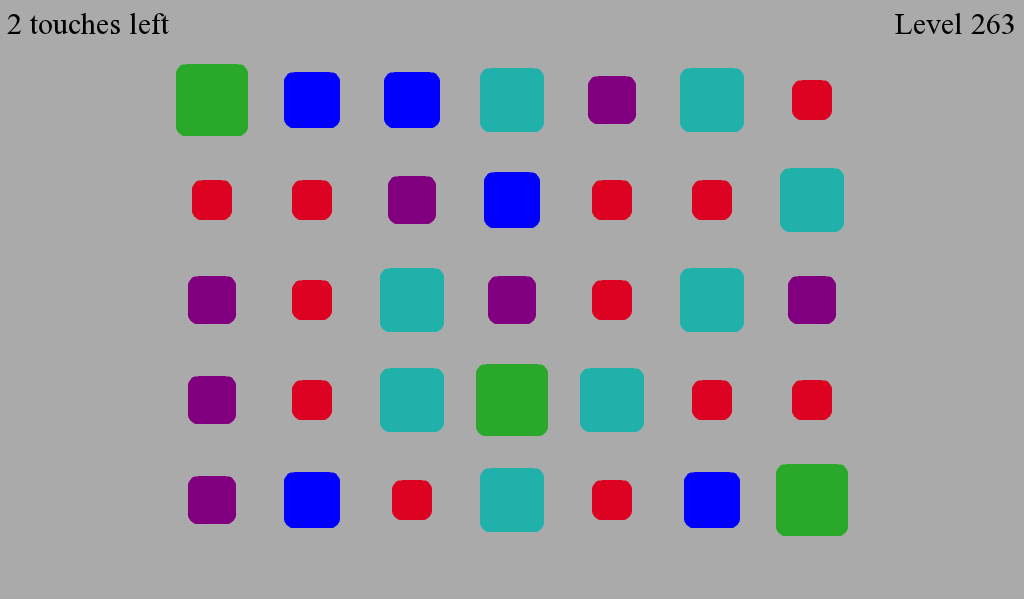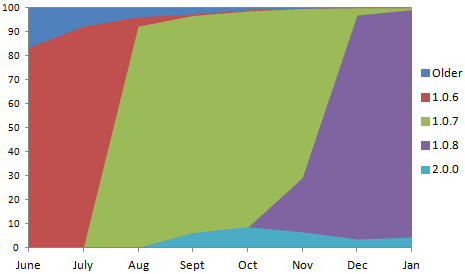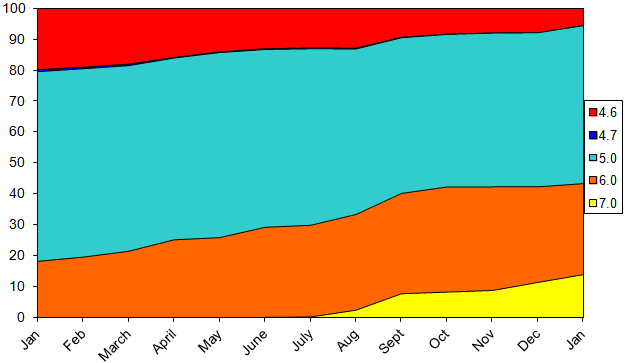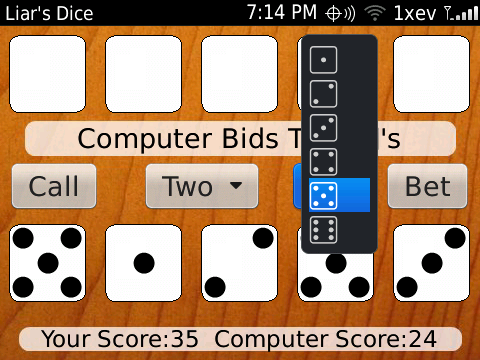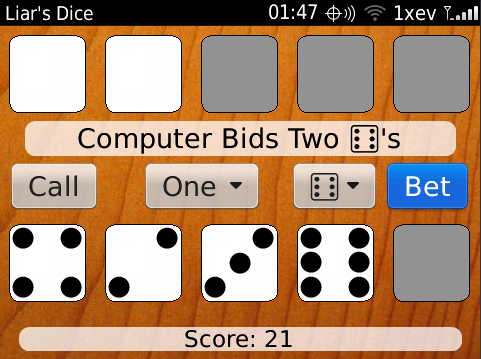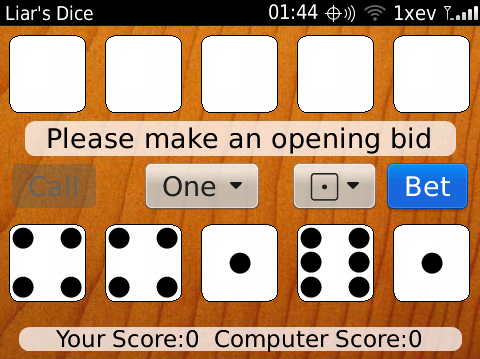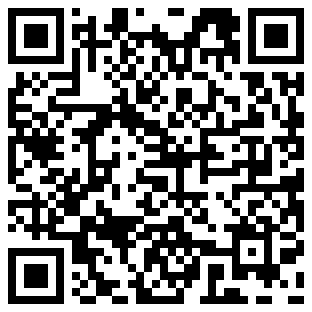This past weekend Robert Scoble posted on why he was pessimistic about the future of RIM, and was followed by a responce by Alec Saunders. However it is unlikely that the two of them are going to come to much of an agreement, because they are talking about two totally separate things.
Saunders’ response is about the many cross-platform development opportunities that BlackBerry provides. RIM has been pushing this approach for a while now with the PlayBook taking the approach that it should support as many development platforms as possible (similar to desktop Windows). Why should developers support BlackBerry? Anyone who has seen one of Alec’s presentations knows that he always emphasizes the ability for developers to make money on the platform. Stats about how the total amount of money spent in BlackBerry AppWorld is more then is spent in Android Market.
But to many in Silicon Valley (such as Scoble), this does not matter.
For the many venture backed start ups in silicon valley the goal is not to make money. The goal is not to increase revenue and make a profit. The goal instead is to find a company willing to spend money to buy them out. The goal is to find more wealthy backers willing to invest a few million in the hopes that it can later be sold for more. The ability to actually make money on a platform could not matter less.
Look back at Scoble’s original post. In it he says that “I just don’t see how most of the world’s “pro” development shops (I.E. the ones that are venture backed) will support more than Android and iOS.” Note the wording here. He doesn’t consider developers like myself to be professionals.
Yet I would argue that we are actually the ones going about and working to create serious businesses. And (with some exceptions) we are the ones that are most likely to support BlackBerry. For example EA, has never hesitated to support BlackBerry. This is not because it makes EA look good, and not because it allows them to put out a press release, but because it makes them money. EA isn’t running around town looking for investors or trying to find a buyer, instead they are simply trying their best to sell games for a profit.
For those companies that exist solely for the purpose of raising (and spending) another round maybe it is best to just support Android and iOS. Their only true customers are the managers at the venture funds. If your revenue only requires you to give a demo, supporting a single device is good enough. And many in Silicon valley have phones running Android or iOS. Yet like BlackBerry’s popularity in Canada, or Nokia’s dominance in Finland, the fact that Android and iOS are more common then average in the communities that surround Mountain View and Cupertino should be neither surprising nor meaningful.
So as long as Saunders and Scoble are talking about two different things it is unlikely that they are going to see eye to eye on the issue. So maybe RIM is not that relevant in the nonsense of Silicon Valley venture capital games. Who cares? For the most part these venture backed companies do not matter in the larger world at all. It would be (in all honesty) a waste of time for RIM to care what these “companies” think.
But for those of us who see our customers as the people who buy our apps and games, for those of us who actually care about growing a business, for those of to who more customers means more revenue instead of just more expenses, it would be silly not to support the millions of BlackBerry users.
